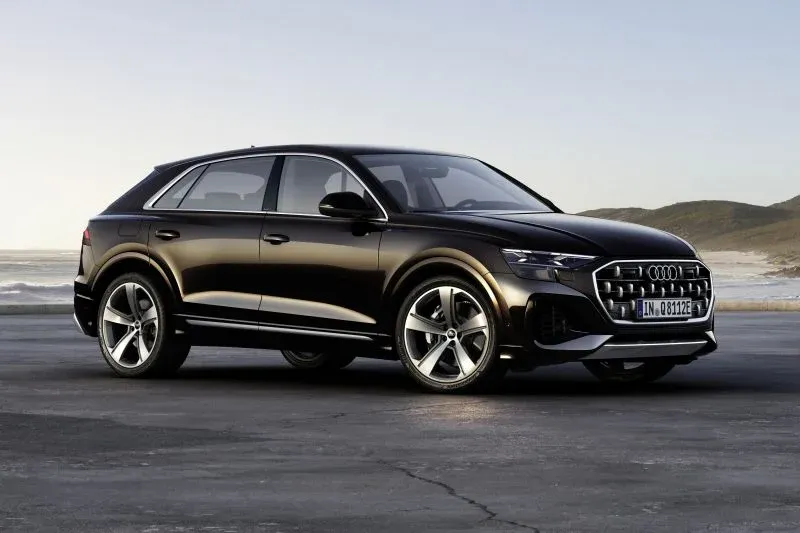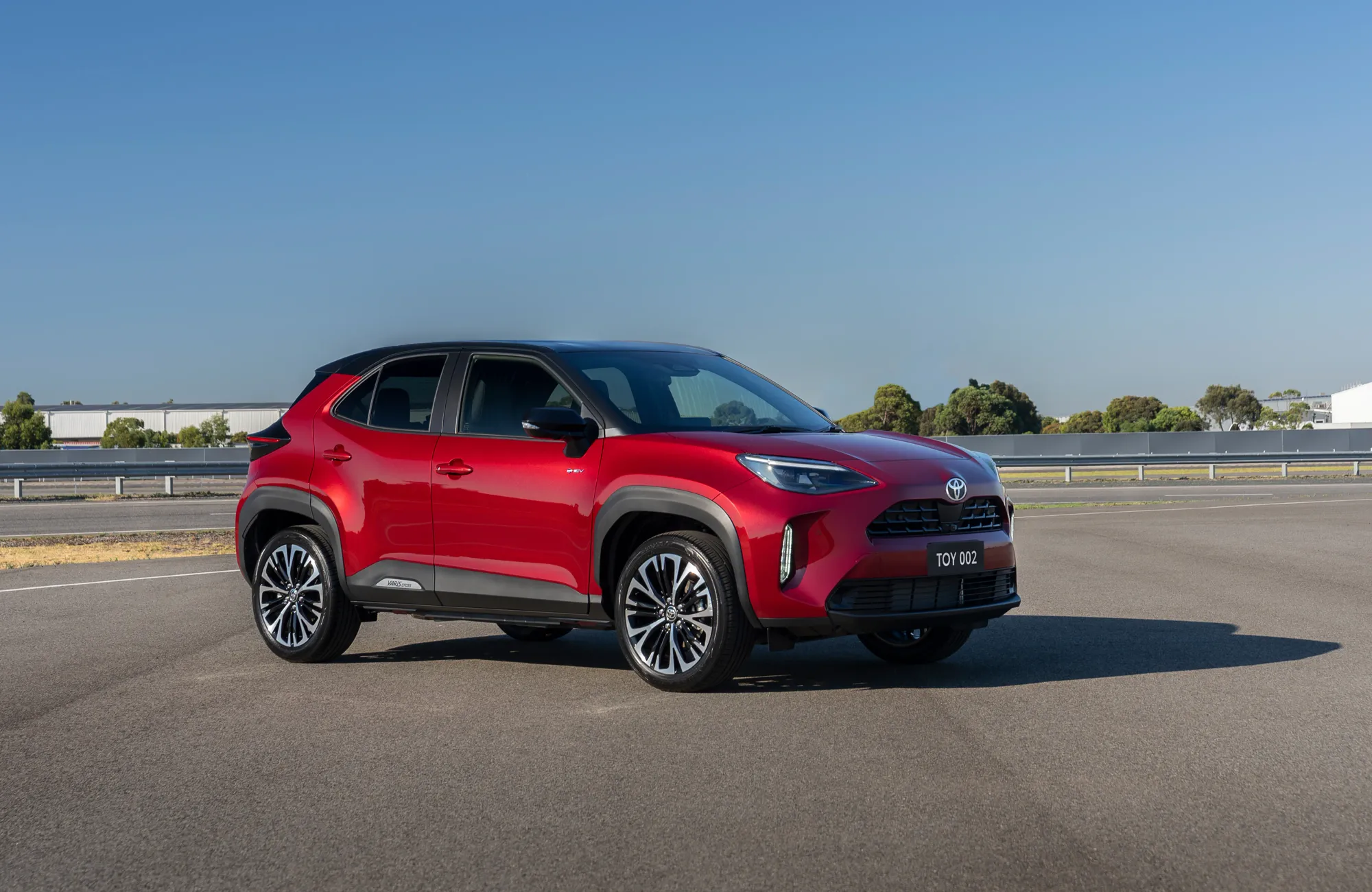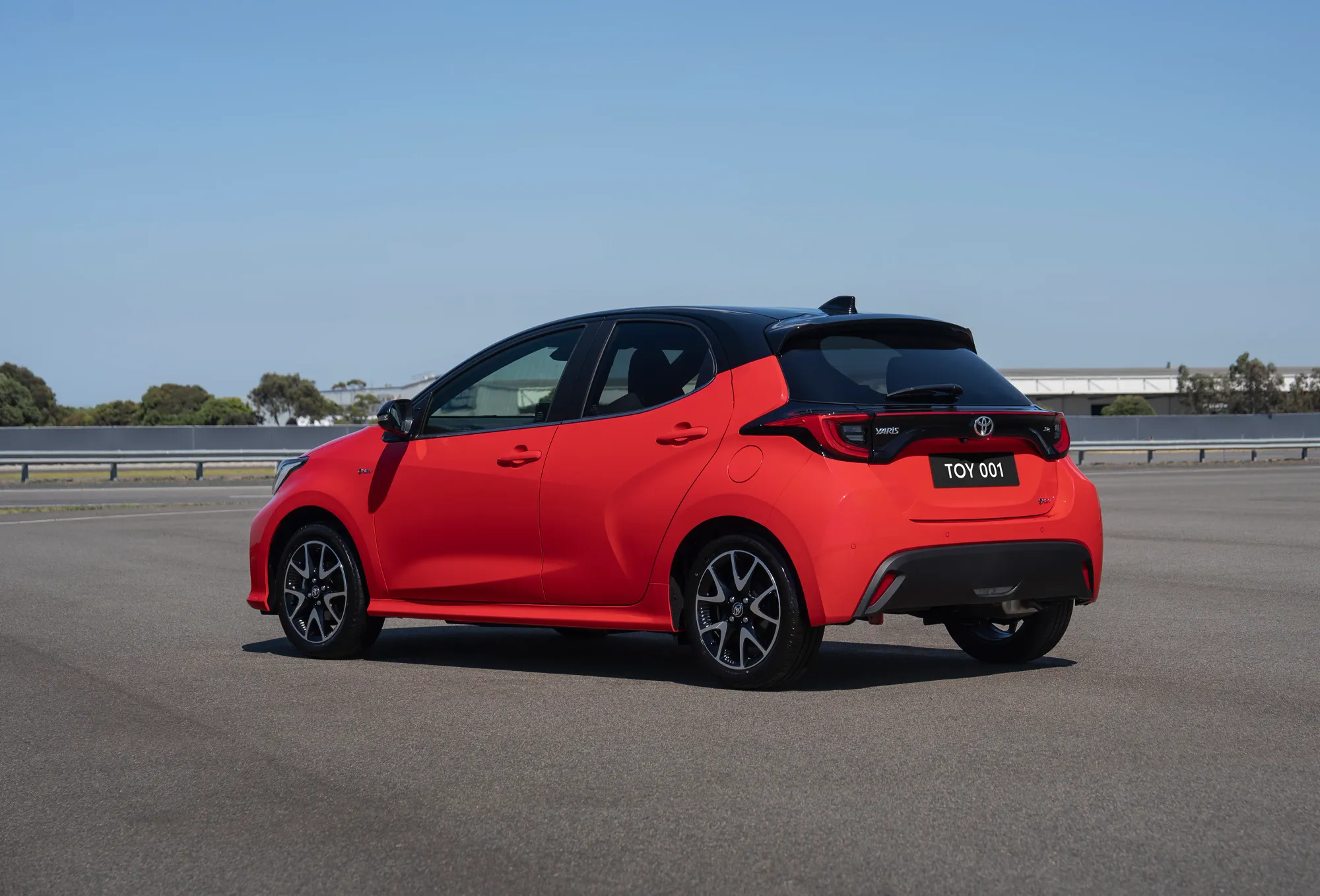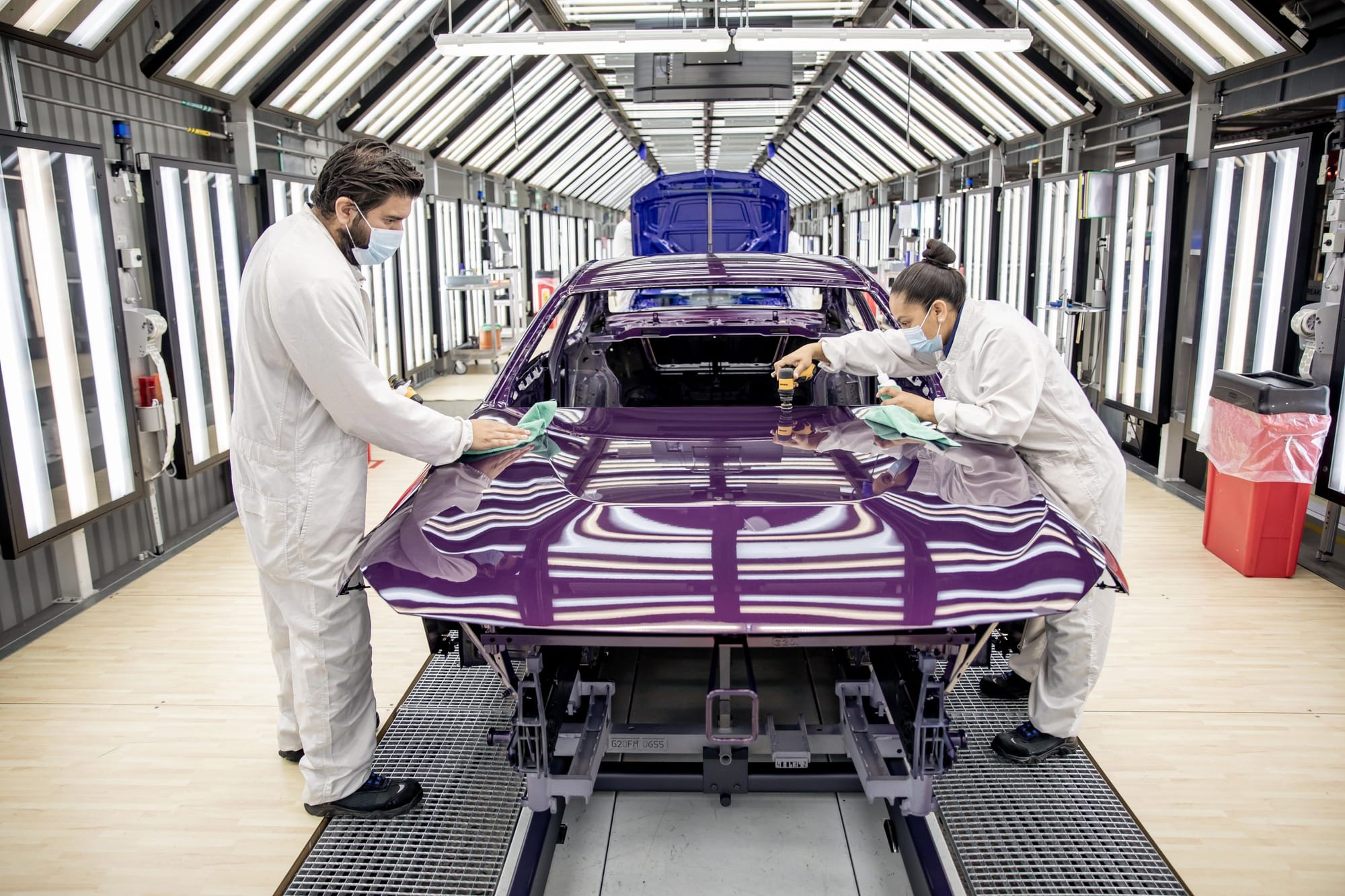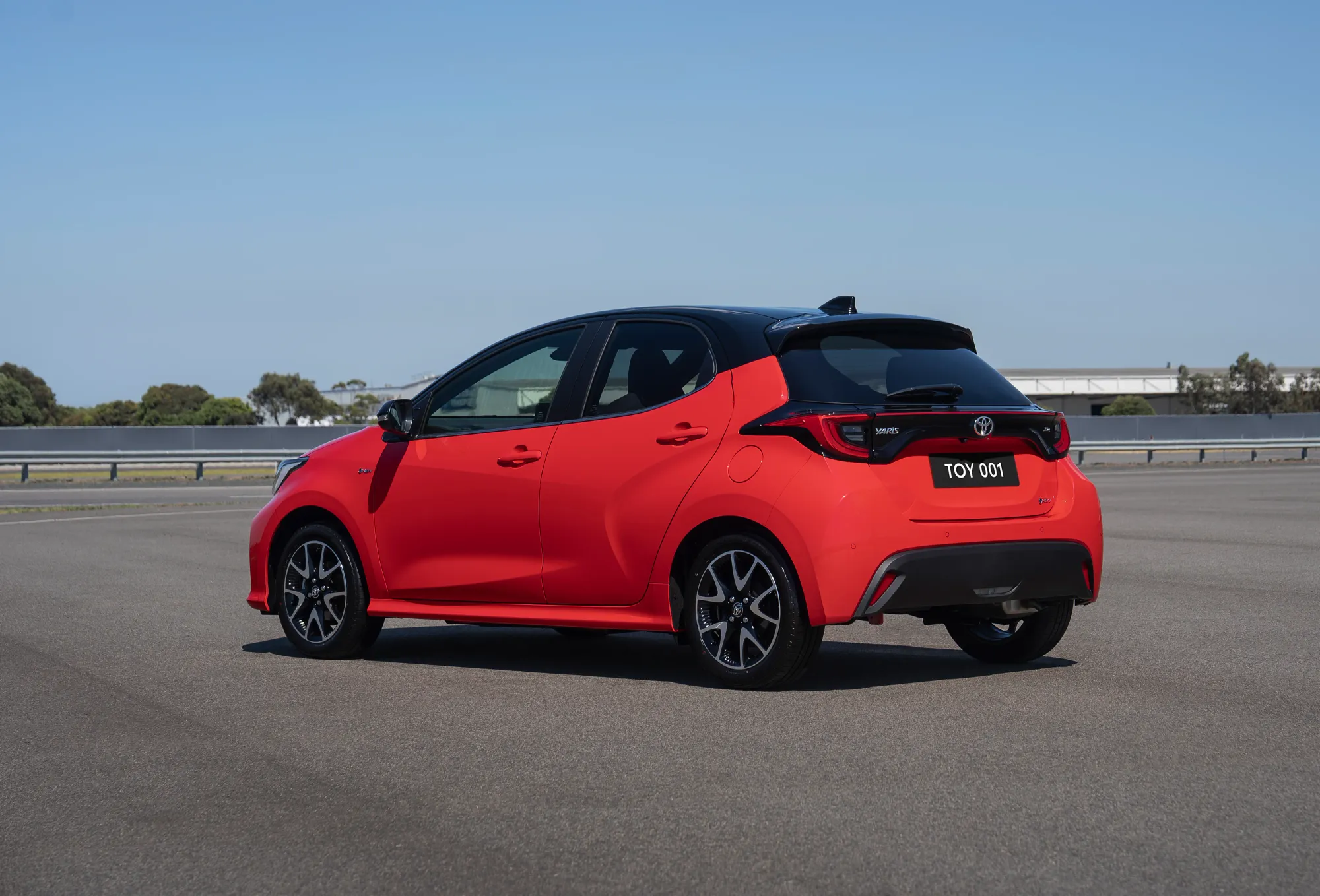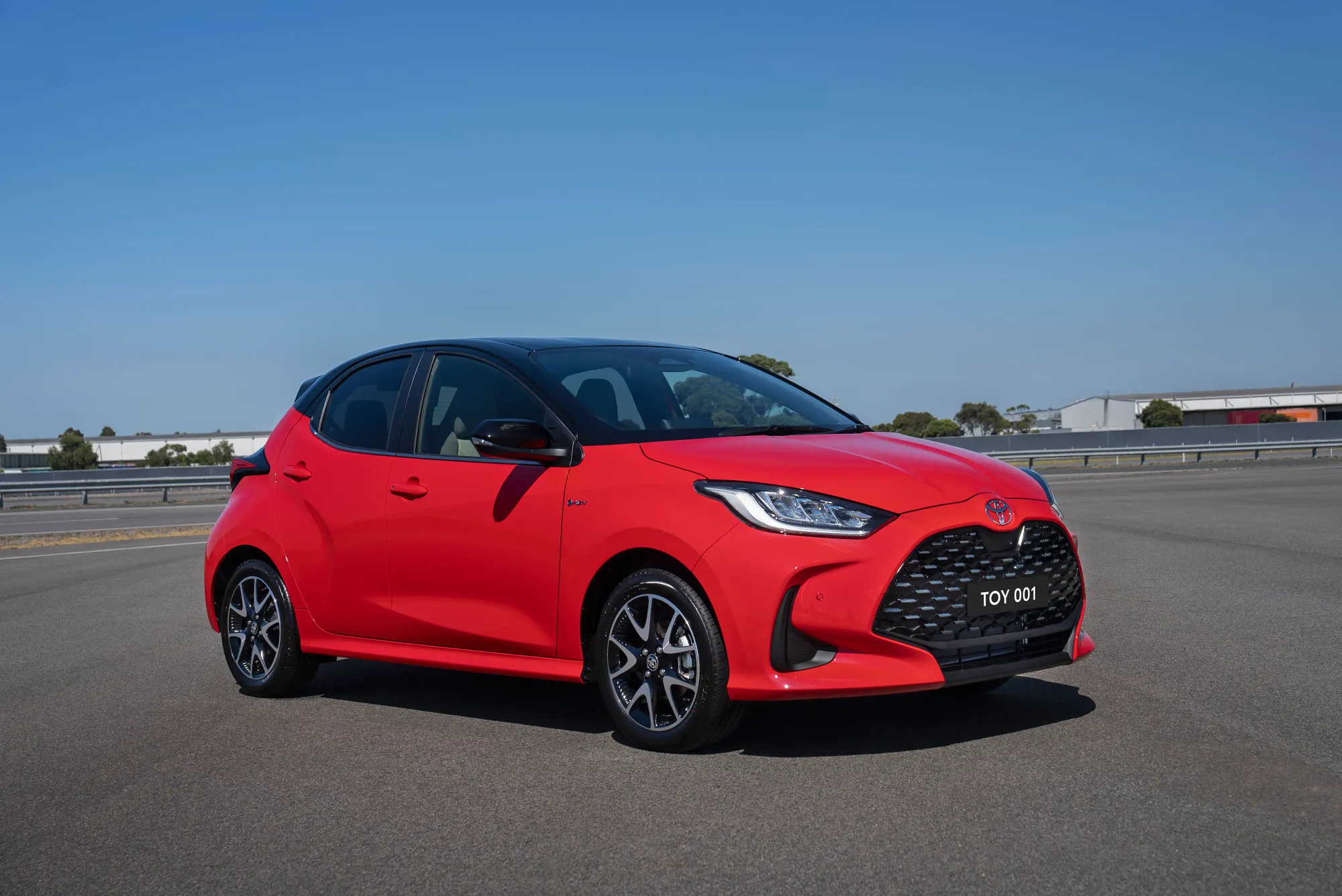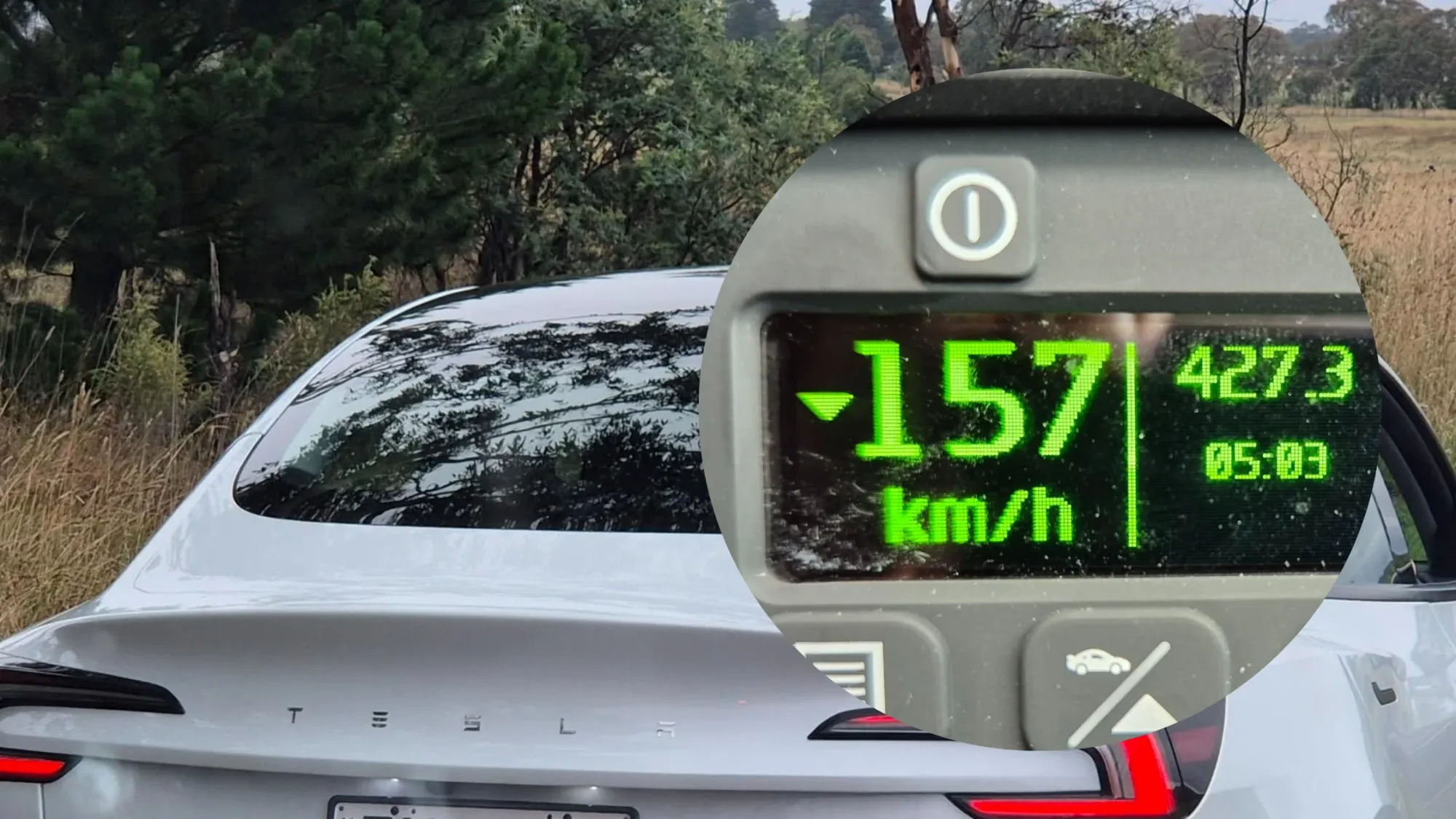Audi Australia has announced that plug-in hybrid electric vehicles (PHEVs) will be a significant part of its future lineup, as the company prepares for the implementation of the New Vehicle Efficiency Standard (NVES) in 2025. This strategic move aims to help Audi meet stricter CO2 targets while offering customers a transitional option between conventional and fully electric vehicles.
The NVES Implementation comes into effect on January 1, 2025. The penalties for non-compliance will start July 1, 2025. This aims to reduce CO2 emissions from new passenger and light commercial vehicles.

- Audi's PHEV Strategy:
- PHEVs seen as a "big focus" for maintaining range breadth
- Currently offers two PHEV models in Australia: Q5 and Q8
- Considering PHEV tech for next-generation models across various segments
- Plans to introduce more PHEV options in popular model lines
- PHEV Benefits:
- Reduced emissions compared to conventional combustion engines
- Offers a middle ground for customers not ready for full EVs
- Current models offer 50-60km of electric range, aiming for 100km in future
- Provides flexibility for customers with varying driving needs
- Future Technology:
- Exploring 'mild-hybrid plus' tech for low-speed electric driving
- Plans to upgrade battery sizes in existing PHEV models
- Research into more efficient electric motors and power management systems
- Market Position:
- Audi Australia confident in meeting NVES targets for next few years
- Expects all combustion-powered lines to have PHEV options by decade's end
- Positioning PHEVs as premium offerings within each model range

- Customer Education:
- Plans to increase awareness about PHEV benefits and usage
- Dealer training programs to better explain PHEV technology to customers
- Emphasis on the cost savings and environmental benefits of PHEVs
- Charging Infrastructure:
- Working with partners to expand home and public charging options
- Exploring partnerships with energy providers for integrated charging solutions
- Model-Specific Plans:
- Potential for PHEV versions of popular models like the A3, A4, and Q3
- Considering high-performance PHEV variants for S and RS models
- Evaluating PHEV technology for larger vehicles like the Q7 and A8
- Balancing Act with Full EVs:
- PHEVs to complement, not replace, Audi's growing full EV lineup
- Strategy to offer customers choice based on their individual needs and preferences
- PHEVs seen as a stepping stone to full EV adoption for some customers
- Industry Trends:
- Audi's strategy aligns with broader industry moves towards electrification
- Reflects growing consumer interest in more fuel-efficient and environmentally friendly vehicles
- Responds to global regulatory pressures to reduce automotive emissions
As Audi Australia prepares for a significant model onslaught in 2025, the emphasis on PHEVs demonstrates the brand's commitment to meeting evolving emissions standards while catering to diverse customer preferences. This comprehensive strategy positions Audi to navigate the transition to electrification effectively in the Australian market, offering a range of options from mild hybrids to PHEVs and full EVs.
By investing in PHEV technology and expanding its offerings, Audi aims to maintain its competitive edge and appeal to environmentally conscious consumers while preparing for a fully electric future.



